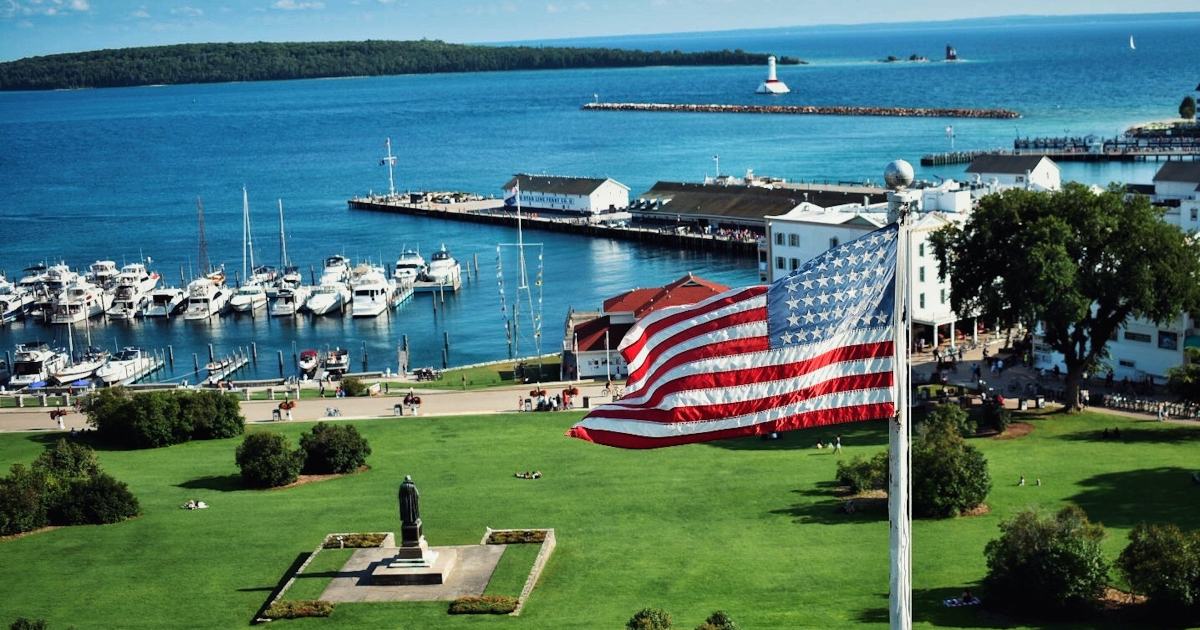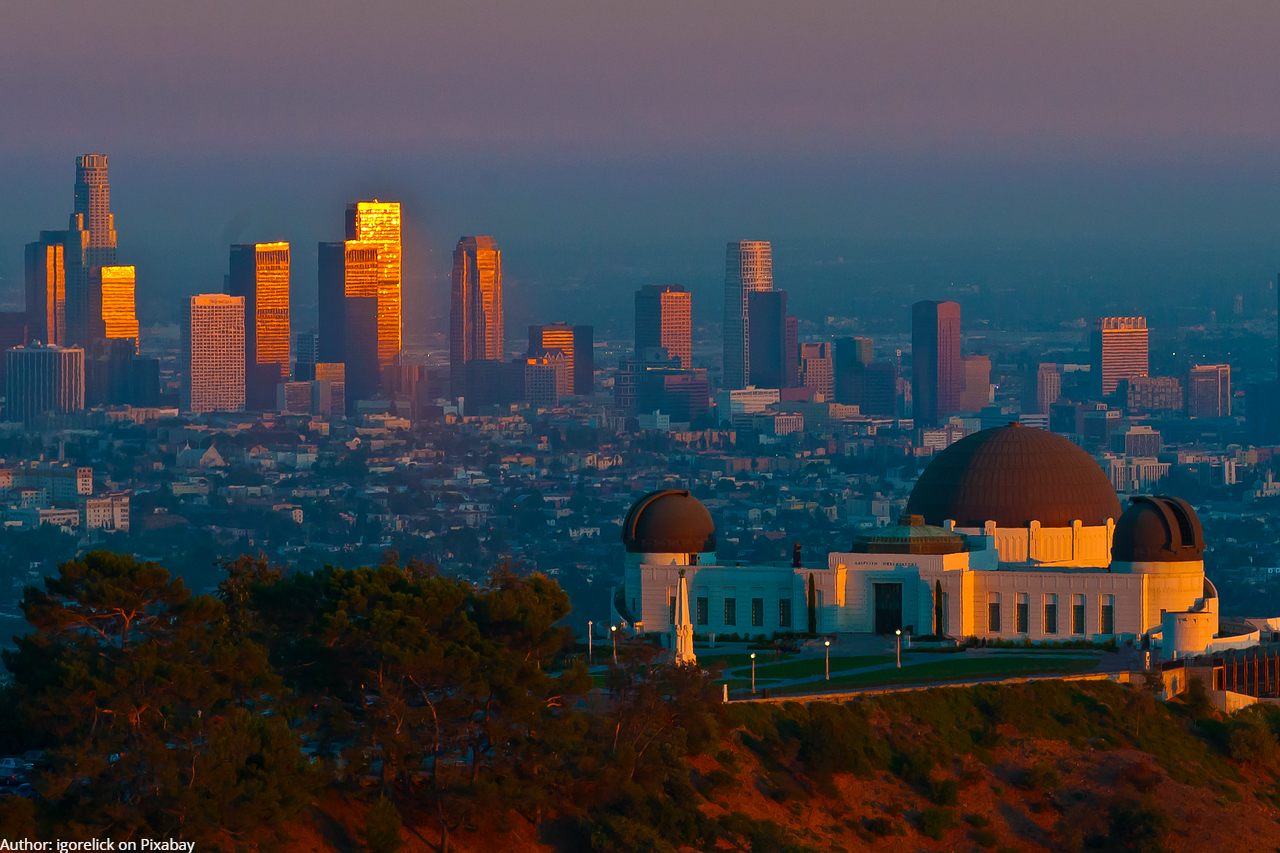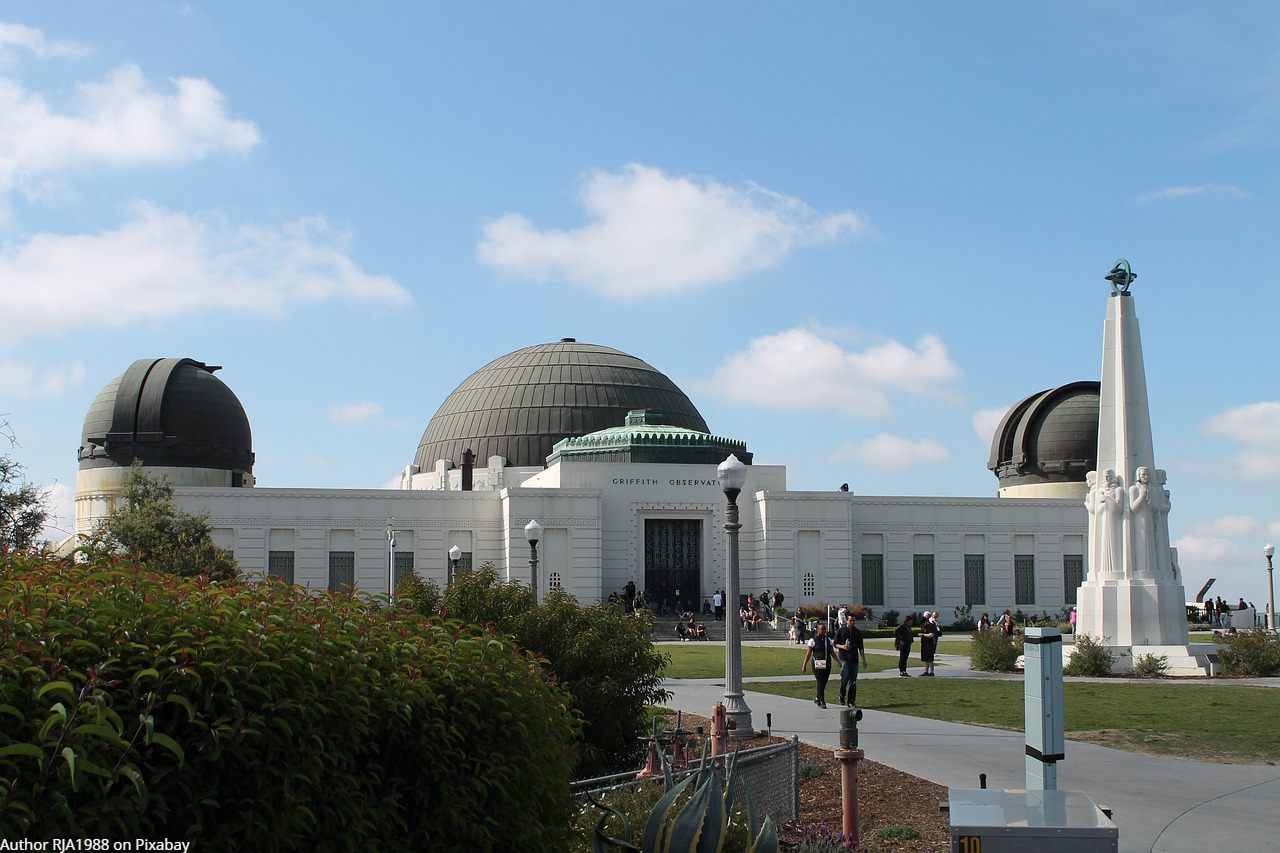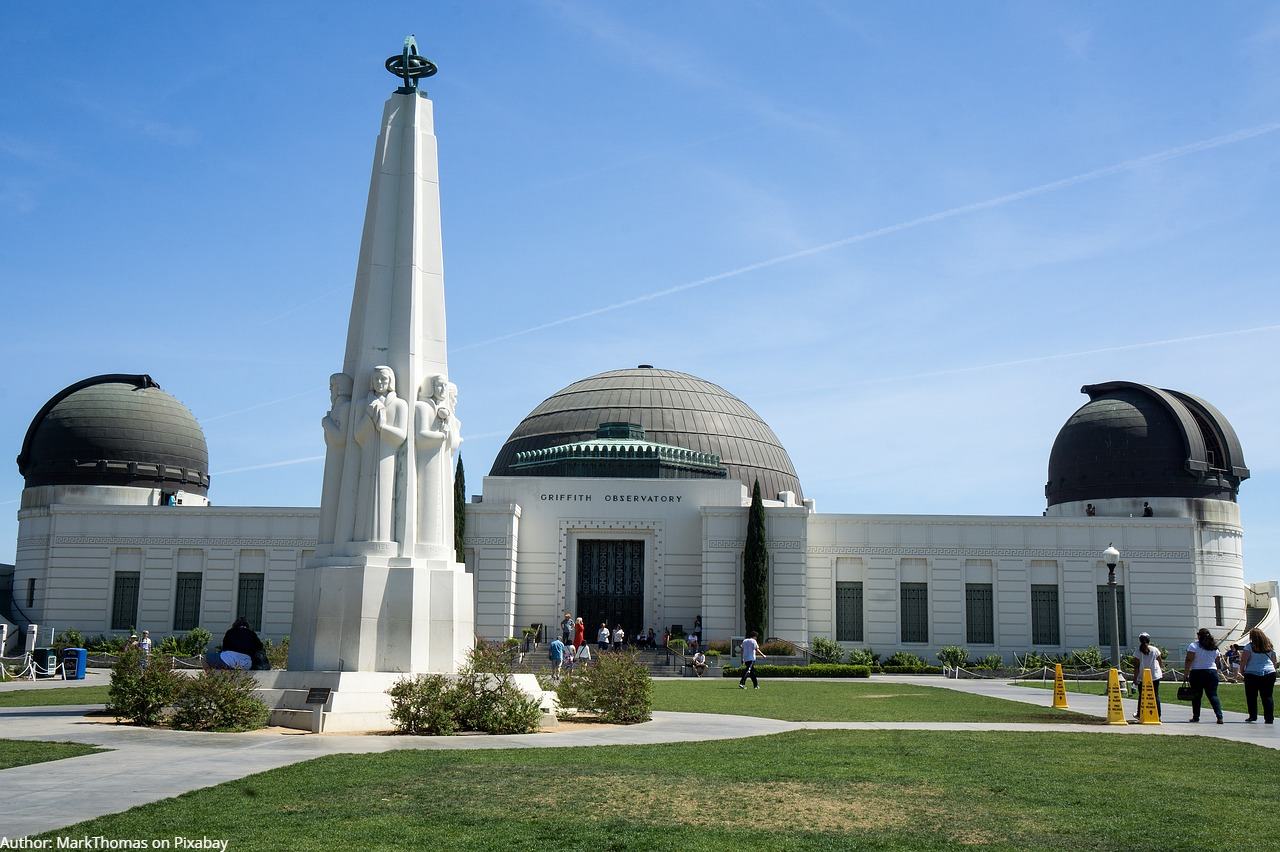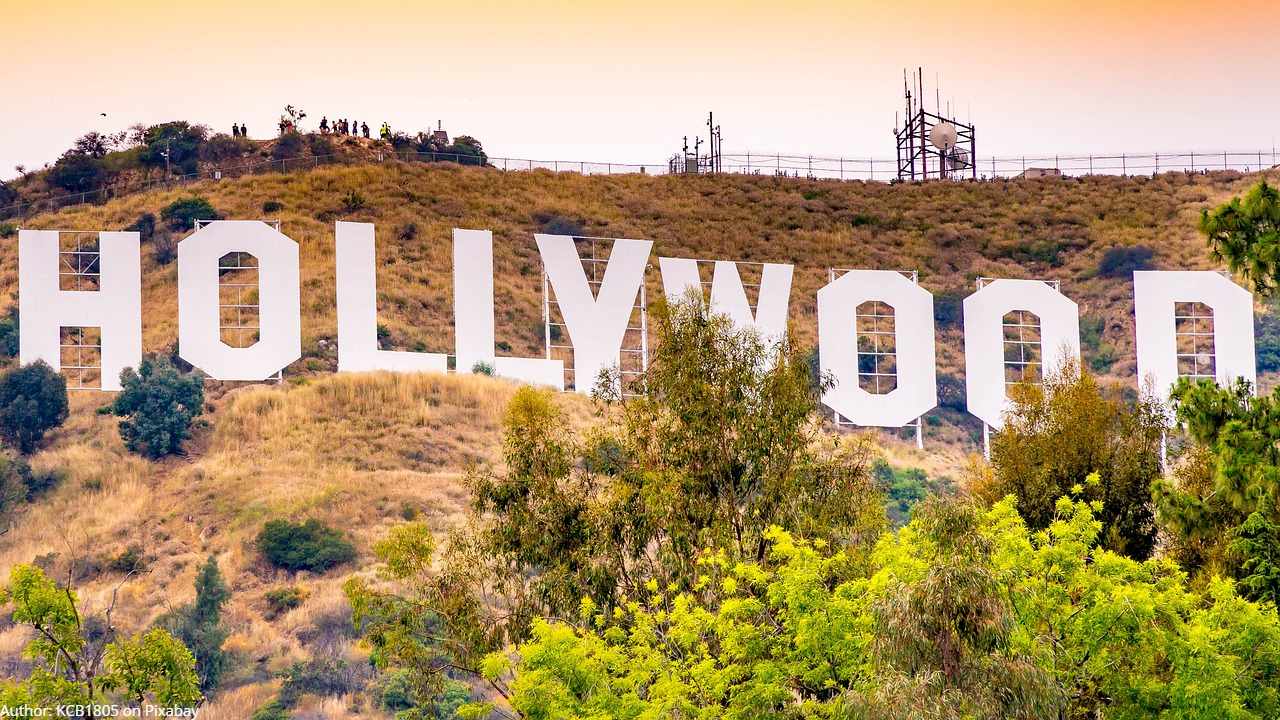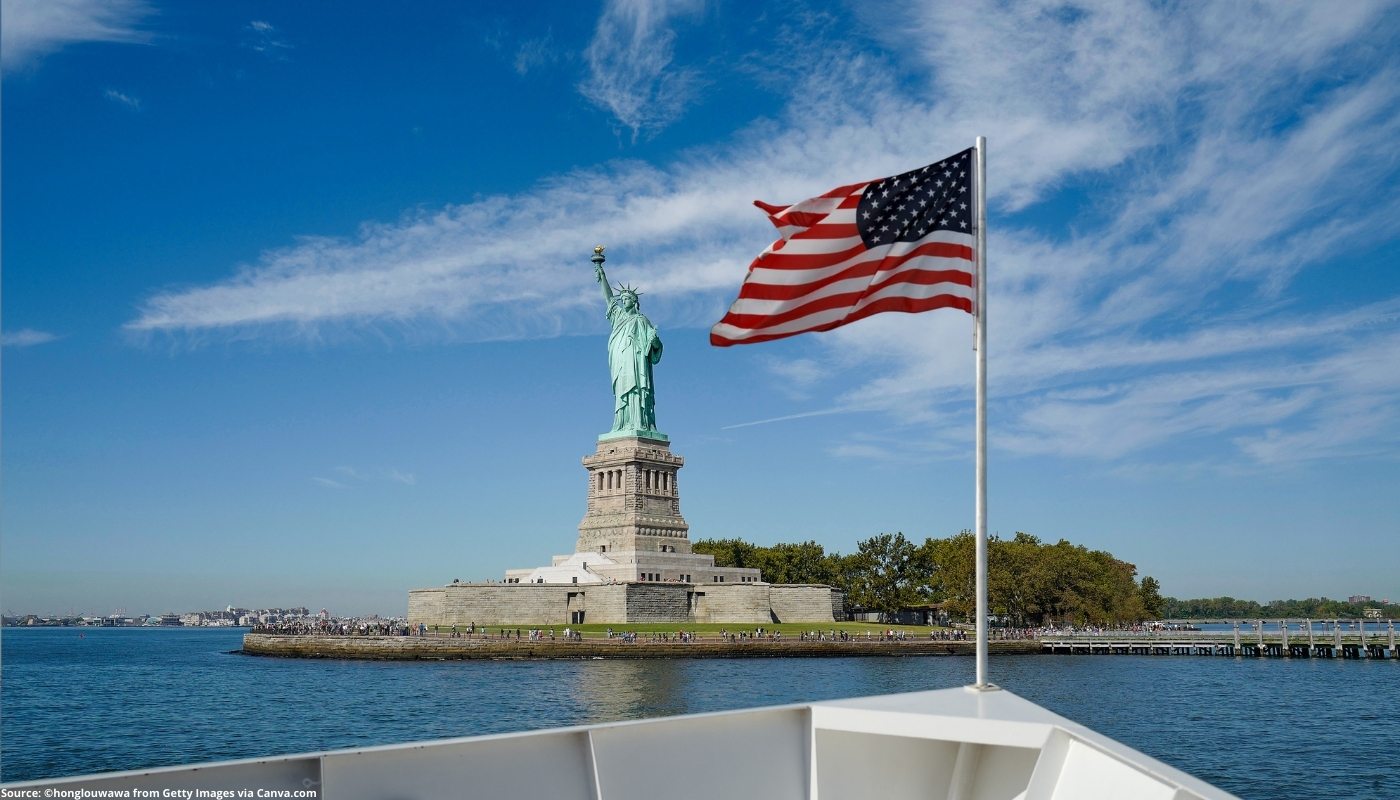When to visit USA during the year?
The USA offers a diverse climate that varies across its vast landscape, influencing the best times to visit. From the sun-soaked beaches of Florida in summer to the winter wonderlands of Colorado, every season showcases distinct attractions. Summer (June-August) is particularly buzzing in popular spots like New York City and Los Angeles, where tourists flock for outdoor events and festivals. Meanwhile, autumn (September-November) paints regions like New England with stunning foliage, enticing visitors for scenic drives and harvest festivities. Spring (March-May) welcomes blossoms in places like Washington, D.C., while winter (December-February) invites ski enthusiasts to the Rockies. Overall, the USA's various climates cater to every traveler's preference, offering something special in each season.
How to get to USA?
Traveling to the USA is straightforward due to its extensive transportation options. With numerous international flights and connections, getting here from anywhere in the world is convenient. Major entry points include New York City, Los Angeles, and Chicago, making the USA accessible from different continents.
- Main airports include John F. Kennedy (JFK) in New York, Los Angeles International (LAX), and O'Hare International (ORD) in Chicago.
- Major international routes connect all continents, including Heathrow (London), Charles de Gaulle (Paris), and Haneda (Tokyo).
- Low-cost airlines like Southwest and JetBlue offer budget-friendly domestic routes.
- Typical flight times from London to New York hover around 7 hours, and from Tokyo to Los Angeles, about 11 hours.
- Main stations include Greyhound terminals in major cities like New York, Los Angeles, and Chicago.
- Buses connect cities with frequent routes, making travel affordable and flexible.
- While international train services are limited, Amtrak connects major US cities with scenic routes, especially along the East and West Coasts.
- Travel times vary; for example, a train from New York to Washington, D.C. takes about 3 hours.
- Main highways like Interstate 95 and Route 66 make road trips across states enjoyable.
- Distances from major cities can be significant; driving from New York to Chicago is roughly 790 miles, taking about 12 hours.
- Road conditions are good, but tolls exist on many highways, especially in the Northeast.
Tourist activities in USA
The USA is a treasure trove of exciting activities across its diverse regions. In the West, visit the iconic National Parks like Yellowstone and Yosemite for breathtaking landscapes and outdoor adventures. If city life excites you, New York and San Francisco offer museums, theaters, and vibrant nightlife. For a sunny getaway, Florida's theme parks, such as Walt Disney World, and its stunning beaches are popular among families. Moving to the South, explore the rich history of cities like New Orleans and Charleston, where music and culture blend seamlessly. The Midwest is home to natural wonders and beautiful lakes, ideal for hiking and water sports. Each state brings unique experiences, from winter sports in Colorado to wine tasting in California's Napa Valley, ensuring unforgettable travels.
Accommodation in USA
Accommodation options in the USA are as varied as its landscape. Travelers can choose from luxurious hotels in bustling cities, quaint bed and breakfasts in rural areas, or budget-friendly hostels. Prices per night can range significantly; in New York, expect to pay around $200-500 for a hotel, while options in smaller towns might start at $70-100. Seasonal variations affect costs; expect higher rates during summer and holiday periods, particularly around Thanksgiving and Christmas. Renting apartments or vacation homes is increasingly popular, especially on platforms like Airbnb, providing amenities and home-like comfort. Each option has its perks, whether you seek luxury, affordability, or a unique experience.
Food in USA
The culinary landscape of the USA is rich and varied, influenced by its diverse population. National favorites include hamburgers, hot dogs, and barbecue, symbolizing American comfort food. Regions have their specialties; for instance, New Orleans is famous for its Creole cuisine, while the Northeast offers delectable clam chowder. Don't miss out on Tex-Mex dishes in the Southwest or fresh seafood along the coasts. Drinks like sweet tea in the South and craft beers across various states are popular choices. Budgeting around $15-30 for an average meal at a casual restaurant helps you plan your dining well. Food festivals across the country celebrate local specialties, making the food scene an exciting part of your journey.
Important numbers and information
- Emergency services: Police - 911, Ambulance - 911, Fire Brigade - 911
- Embassy Contacts: US Embassy information available through local government websites.
- Main airports: JFK - New York City (Queens, NY), LAX - Los Angeles (Los Angeles, CA), ORD - Chicago (Chicago, IL)
- Currency: US Dollar (USD); payment methods include credit cards, cash, and mobile payments.
- Visa/Passport regime: A valid passport is required; many travelers may need a visa or ESTA for entry.
What to see in USA?
The USA is home to countless attractions that captivate travelers. Start with the Statue of Liberty in New York, a global symbol of freedom and democracy. Journey to the Grand Canyon in Arizona for a glimpse of its awe-inspiring views, or visit the Golden Gate Bridge in San Francisco for scenic walks. For history enthusiasts, Philadelphia's Liberty Bell and Washington, D.C.'s National Mall offer profound insights into the nation’s past. Outdoor lovers should not miss Yellowstone National Park, often hailed for its geothermal wonders. Other must-see cities include Las Vegas for its entertainment, Chicago for architecture, and Miami for its vibrant nightlife. Each location promises unique experiences and stunning sights that resonate with every traveler.
History, geography and climate
The USA's history is rich and varied, marked by periods of colonization, independence, growth, and social movements. Originally inhabited by Indigenous peoples, the land saw European exploration leading to the establishment of colonies. Key events like the Declaration of Independence in 1776 and the Civil Rights Movement shaped the nation's identity. Geographically, the USA spans diverse landscapes, from mountains like the Rockies and Appalachian ranges to vast plains and coastal regions. The climate varies significantly; areas like Florida have a humid subtropical climate, while the Northwest experiences a temperate maritime climate. Average temperatures range widely, from frigid winters in the North to scorching summers in the South, catering to varied lifestyles and activities.
Population and culture
With a population exceeding 330 million, the USA is one of the world's most diverse nations, featuring a rich tapestry of cultures, languages, and beliefs. Predominantly English-speaking, the country also embraces numerous languages due to its immigrant history. Major religions include Christianity, Judaism, Islam, and other faiths, reflecting a broad spectrum of spiritual traditions. The cultural landscape is enriched by the arts, music, and festivals that celebrate heritage, such as Thanksgiving and Independence Day. Unique features like regional cuisines, styles of music like jazz and country, and local traditions contribute to the vibrant identity of the USA, making it a culturally rich destination.

